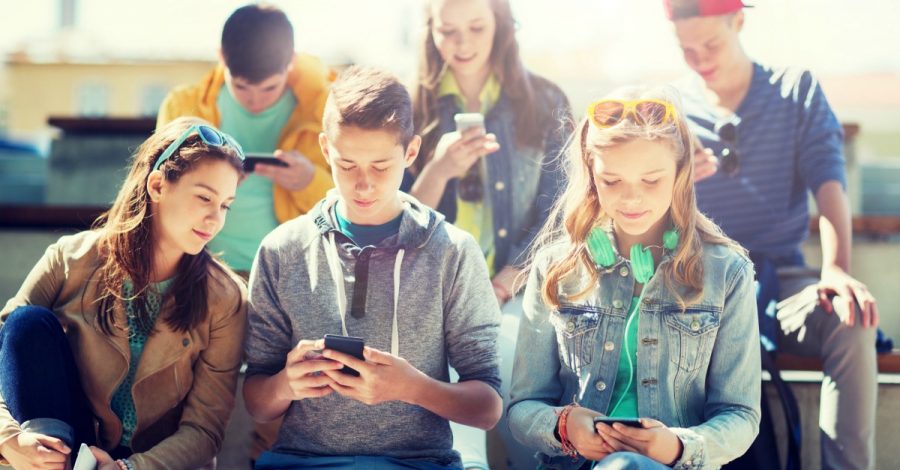Teens more susceptible to coronavirus misinformation
New research shows that Americans 25 years old and younger are more likely to believe misinformation surrounding the coronavirus. Some have attributed this to the fact that the human brain is not fully developed until around the age of 25, that older adults watch the news more than young adults and teenagers, that younger people get their news from solely from social media with unreliable websites, and that younger people are more susceptible to peer influence and the influence of famous people and what they think and say about the coronavirus.
According to a study conducted by researchers from Harvard University, Rutgers University, Northeastern University, and Northwestern University, “Respondents 18 to 25 had an 18 percent probability of believing a false claim, compared with nine percent for those over 65,” according to a New York Times article.
Olympic Heights social studies teacher Ms. Bethany Breadstill mentioned, “As far as the coronavirus, I think most of the information that is put out is true; however, I actually had a direct involvement with fake information.” Breadstill went on to explain how a friend of hers went to be tested and left because the line was long. He was then notified via email that he had tested positive, even though he had never actually been tested.
Studyfinds.com reports on a study by the Annenberg Public Policy Center of the University of Pennsylvania finding that “a similar connection regarding social media use and belief in false coronavirus stories.” Social media was not designed as a news outlet, but is being used by people to distribute news and information to friends and family that might not necessarily be true. OH social studies teacher Ms. Kathleen Keithley said, “Social media spreads a lot of false information, and I think that people use social media as a strict source of information.”
The human brain not being fully developed until the age of 25 could be a reason for those younger than 25 believing misinformation about the coronavirus since teenagers and young adults are as fully capable of the type of thought processes that older adults are. The frontal lobe of the brain is responsible for rational decision making, which is not fully developed until the age of 25, possibly making it more likely for teenagers and young adults to believe misinformation more than people over the age of 25.
Also, teenagers and young adults are less likely to watch and follow the news than older adults for many reasons. OH junior Hailee Norris stated, “It is important for young adults to stay up to date with the virus because just like everyone else they need to stay safe and also make sure the information they get from peers is correct.”
Many teenagers and young adults will believe anything a celebrity says without verifying what the celebrity says with a reliable source such as the World Health Organization or the Center for Disease Control and Prevention. OH sophomore Mia Campagna stated, “I think they [celebrities] do alter people’s opinions because with social media and friends, you just want to believe whatever they do because you don’t want to be different.”











